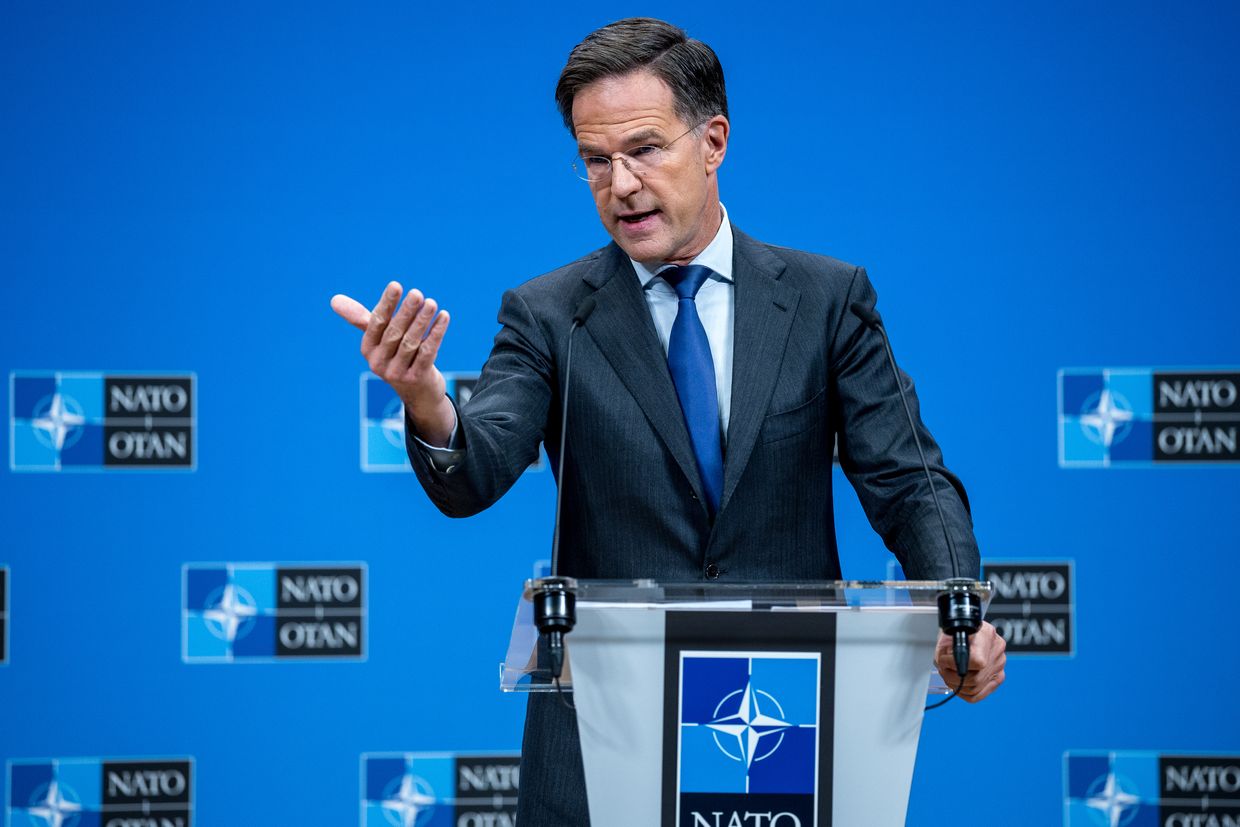
NATO views Russia as a 'long-term threat,' Rutte says
"We all agree, in NATO, that Russia is the long-term threat to NATO territory, to the whole of the Euro-Atlantic territory," NATO Secretary General Mark Rutte said.

"We all agree, in NATO, that Russia is the long-term threat to NATO territory, to the whole of the Euro-Atlantic territory," NATO Secretary General Mark Rutte said.
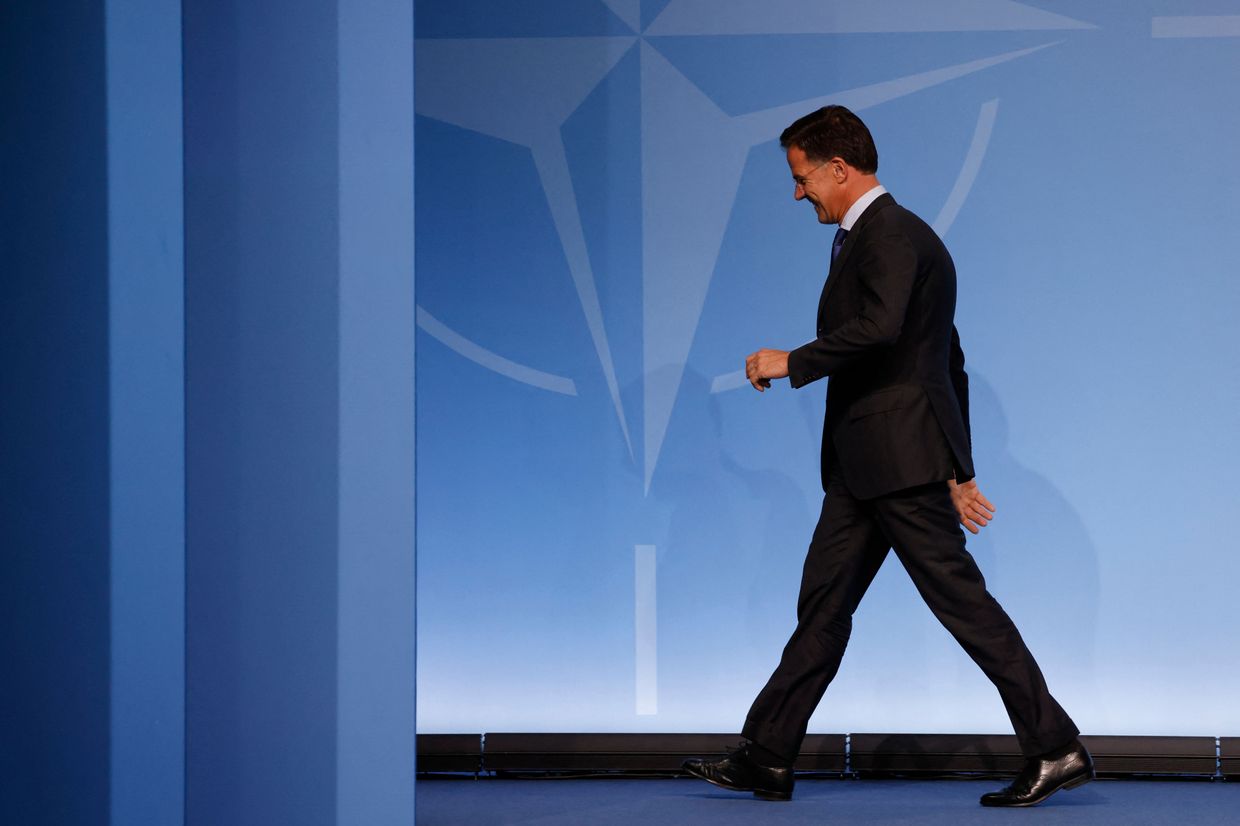
According to the publication, NATO Secretary General Mark Rutte is scheduled to meet with U.S. Defense Secretary Pete Hegseth, Secretary of State Marco Rubio, and National Security Advisor Mike Waltz.
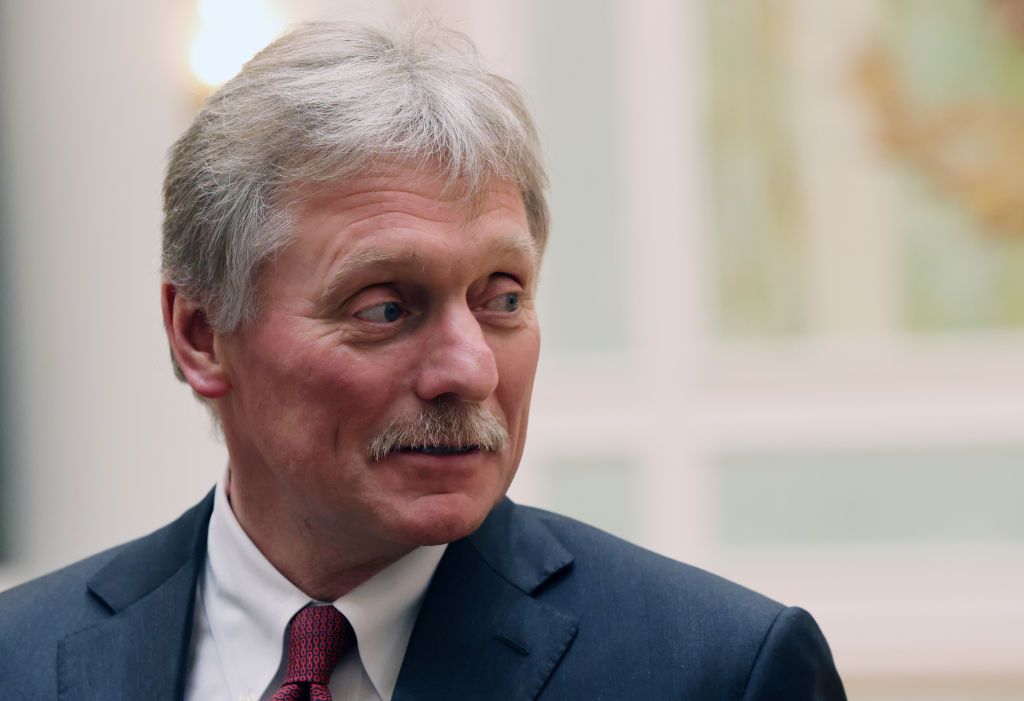
"We have heard from Washington at various levels that Ukraine's membership in NATO is out of the question," Kremlin spokesperson Dmitry Peskov said. "Of course, this is something that satisfies us and aligns with our position that Ukraine should not be a NATO member..."
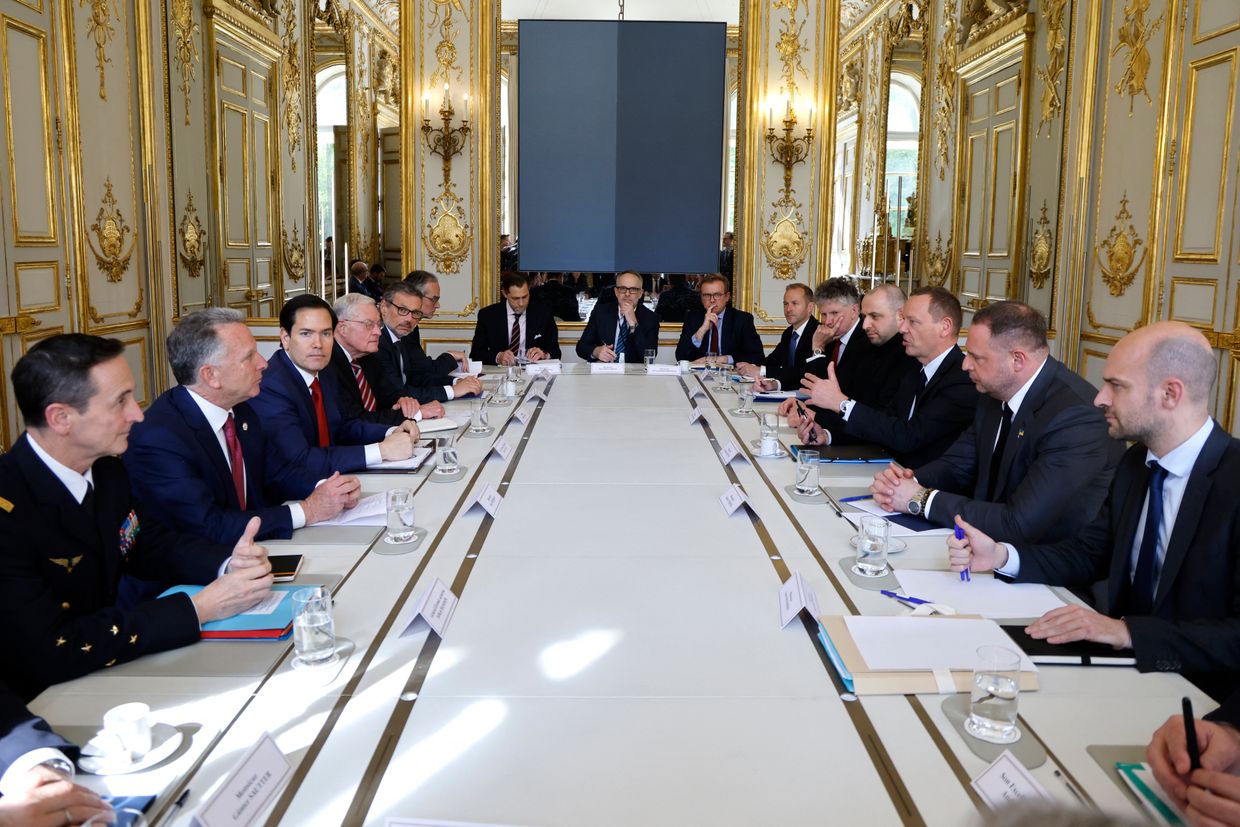
Among the most controversial elements is the suggestion that the U.S. could formally recognize Russia’s claim over Crimea. Additionally, Ukrainian accession to NATO would be ruled out under the current proposal.
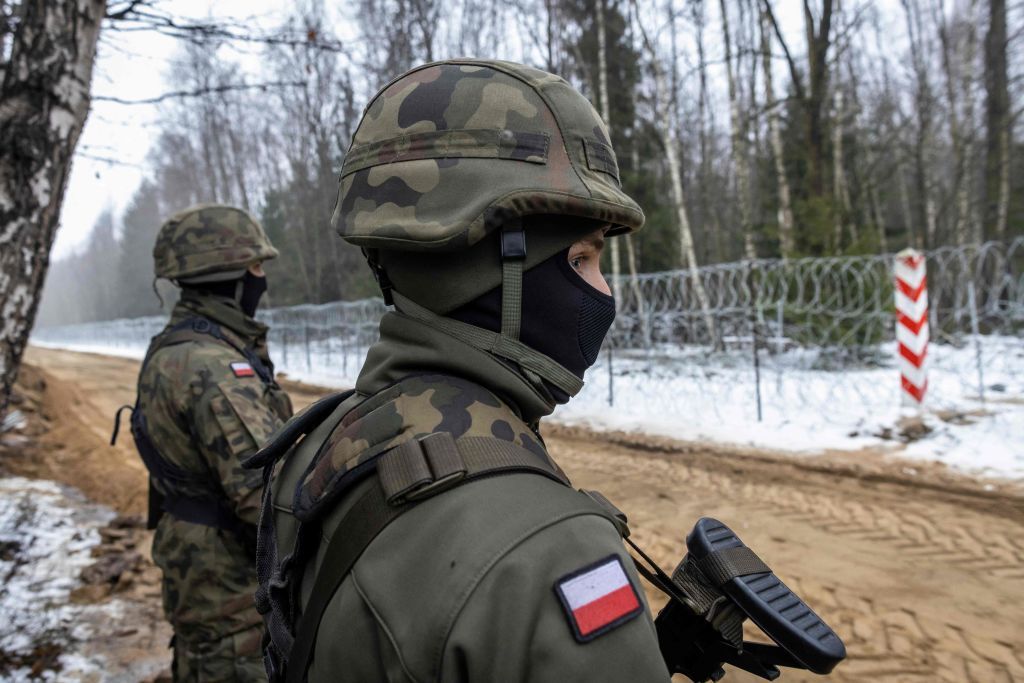
"As long as Belarus behaves this way towards (Poland), I do not see any possibility that anything will change in this area," Polish Interior Minister Tomasz Semoniak said.
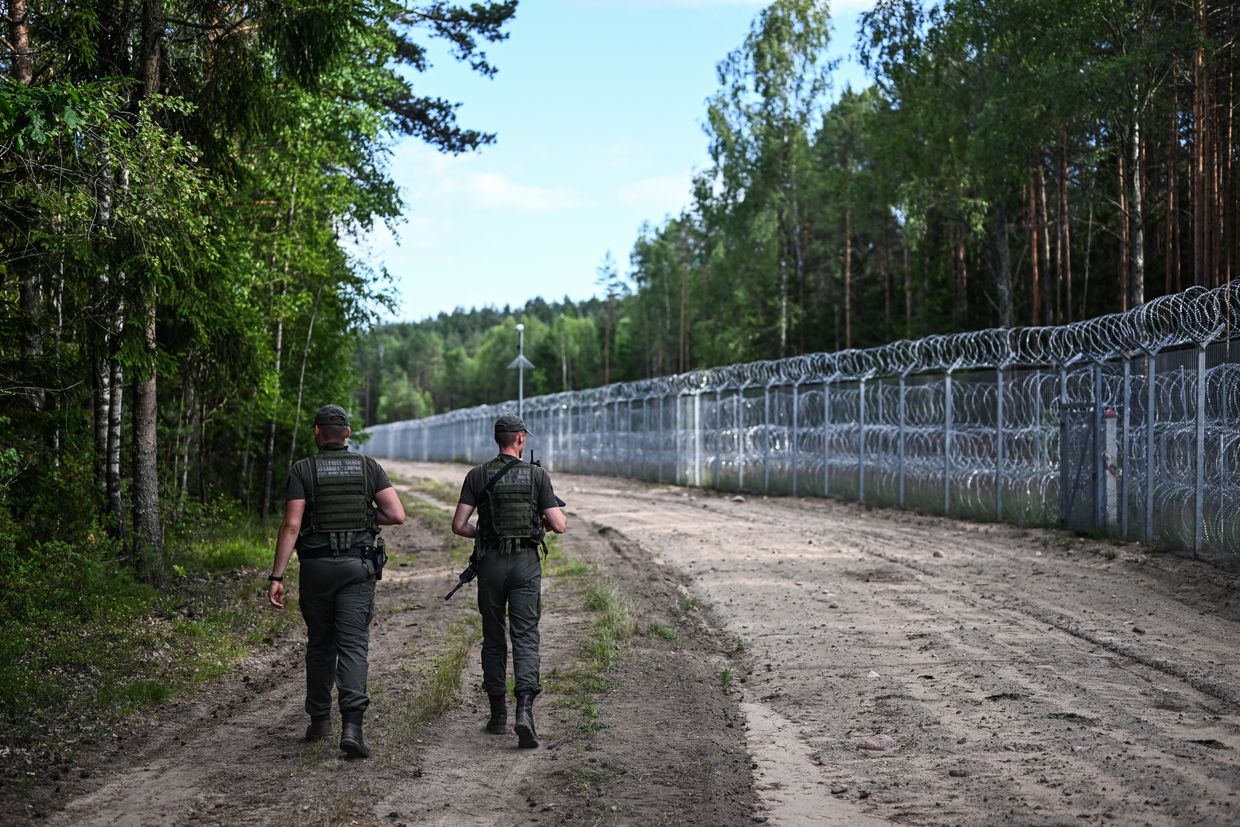
Lithuania will upgrade and fortify a second route through the Suwałki Gap, a strategically critical stretch of land along the Polish border viewed as one of the most likely targets for a future Russian attack on NATO.
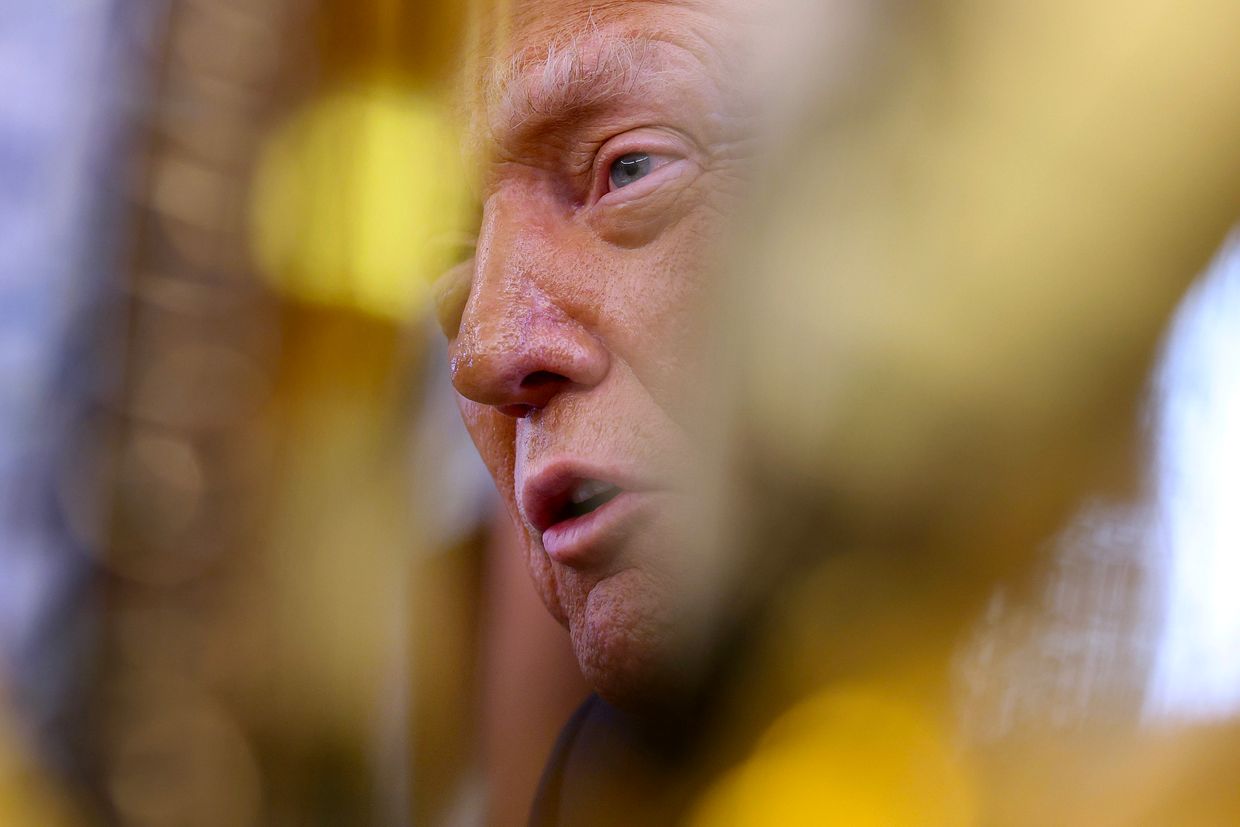
With the start of Donald Trump's second term in office, NATO finds itself on shaky ground — reports that the U.S. president might cut the alliance's funding do little to ease fears. A leaked White House memo revealed plans to slash the U.S. State Department funding for the next
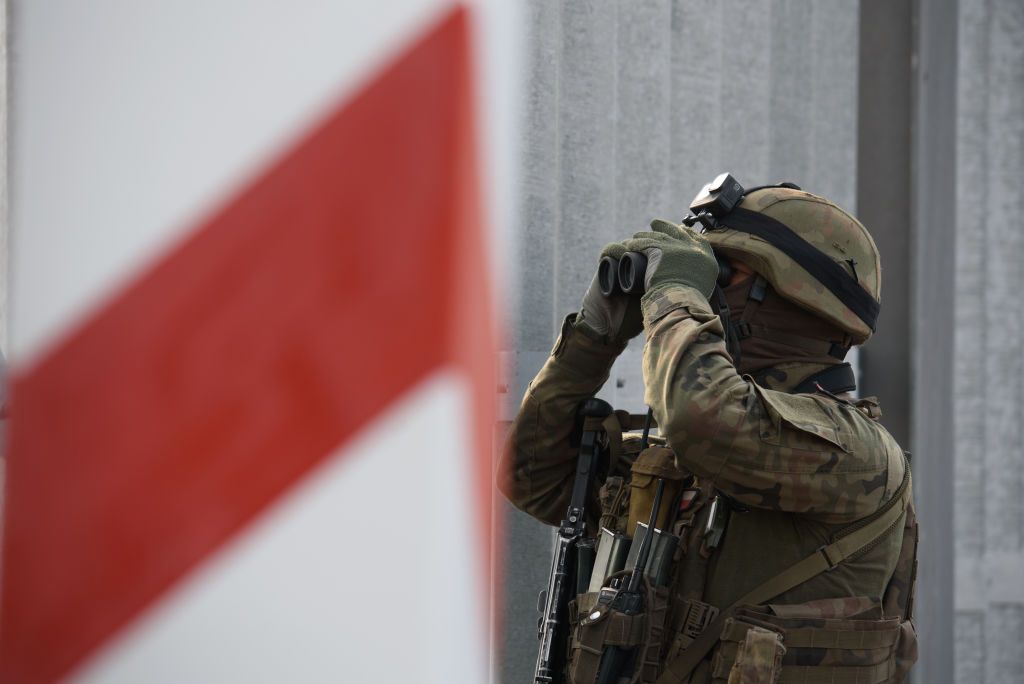
Poland reports two attacks on border guards, one allegedly involving a Belarusian serviceman. Belarus dictator Alexander Lukashenko invites up to 150,000 workers from Pakistan to Belarus amid deepening labor shortage. Director of Russia’s Foreign Intelligence Service Sergey Naryshkin threatens Poland, Baltic states during a visit to Belarus. Meanwhile,
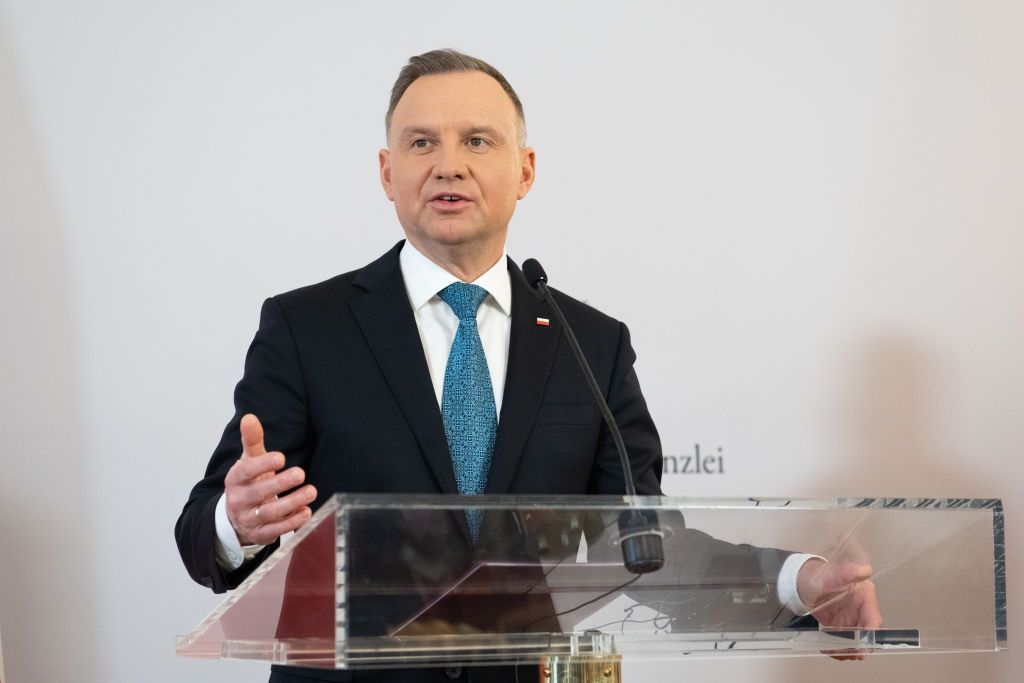
"Russia, which is behaving aggressively towards NATO and implementing its brutal and bloodthirsty imperialism, has been attacking Ukraine for three years," Polish President Andrzej Duda said.
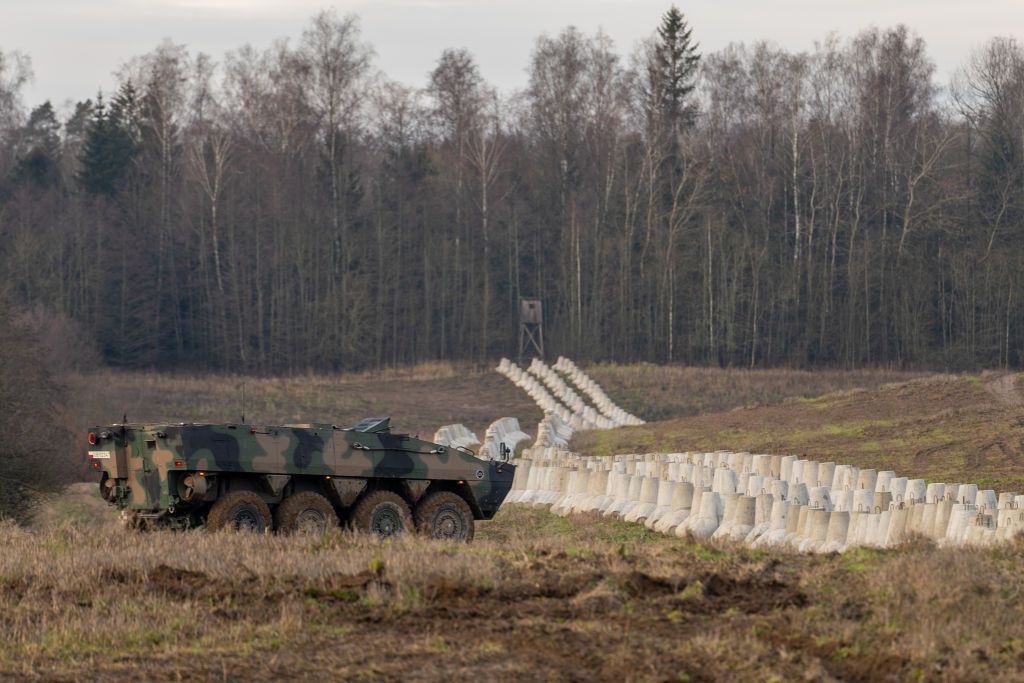
These countries have shown "high aggressiveness" towards Russia and are "constantly rattling their weapons," Russia's Foreign Intelligence Director Sergey Naryshkin said on April 15.
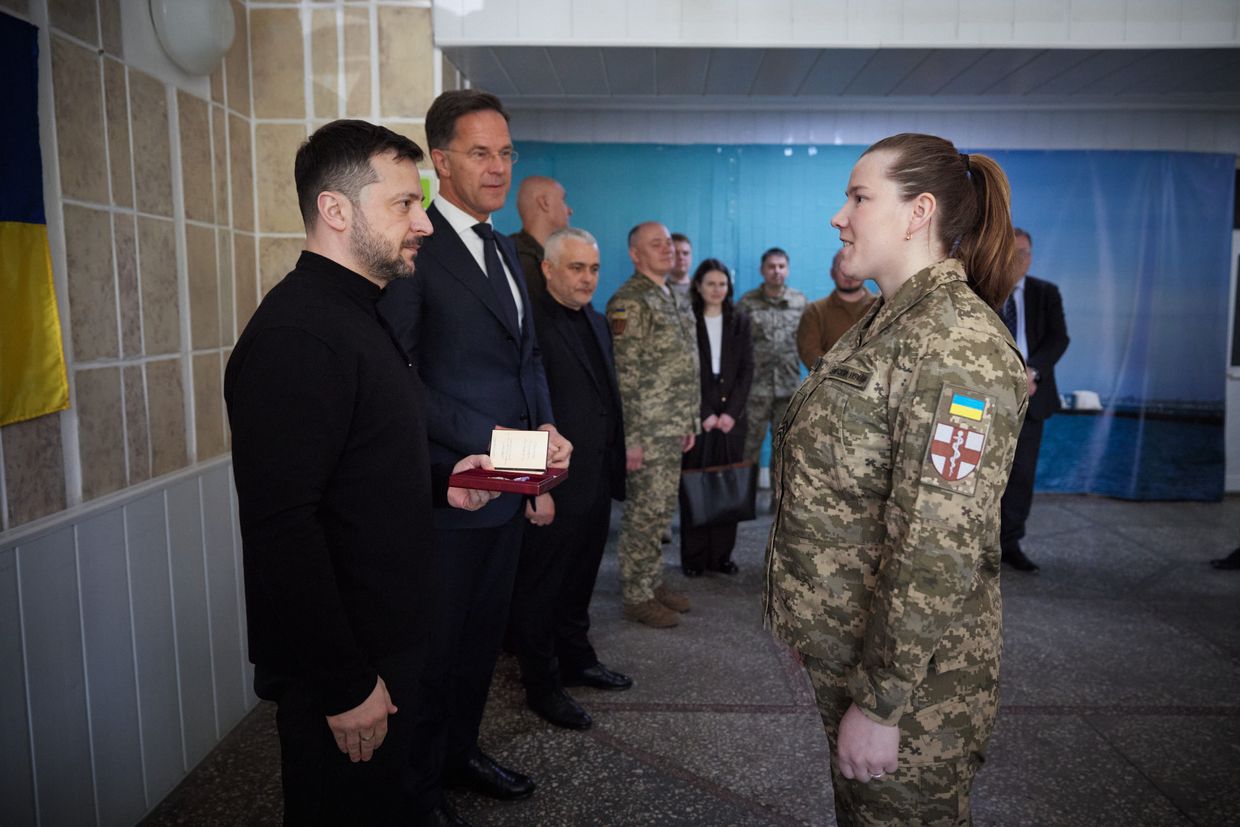
NATO Secretary General Mark Rutte arrived in Odesa on April 15 and visited a local military hospital alongside Ukrainian President Volodymyr Zelensky.
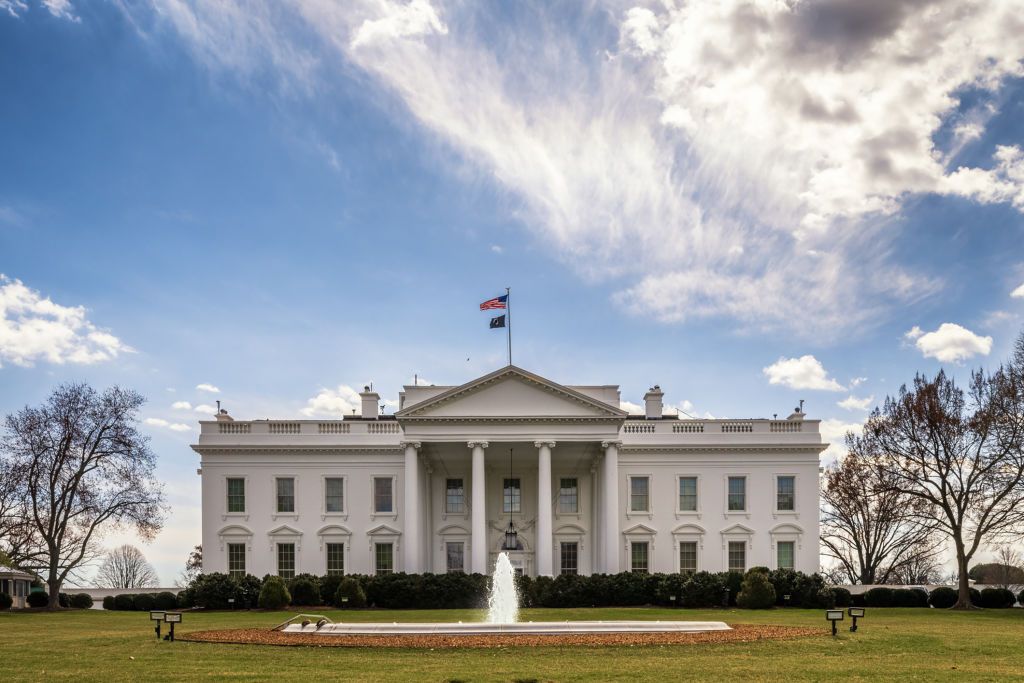
The proposed cuts for the next fiscal year would reportedly leave $28.4 billion for all State Department activities, a 48% reduction from the 2025 budget approved by Congress.
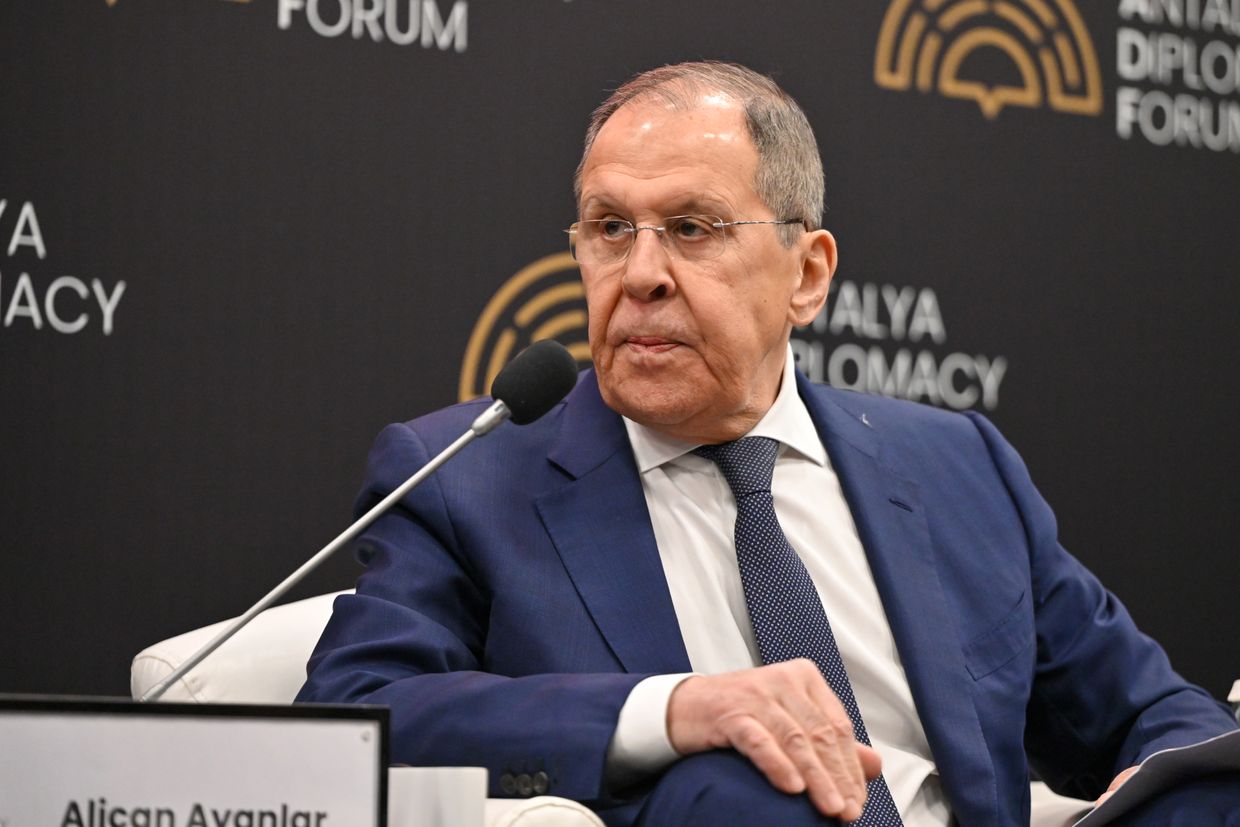
Russian Foreign Minister Sergey Lavrov argued that the end of the Eastern Bloc eliminated the threat NATO was originally created to counter, yet the alliance not only persisted but also allegedly claimed a dominant role in European security.
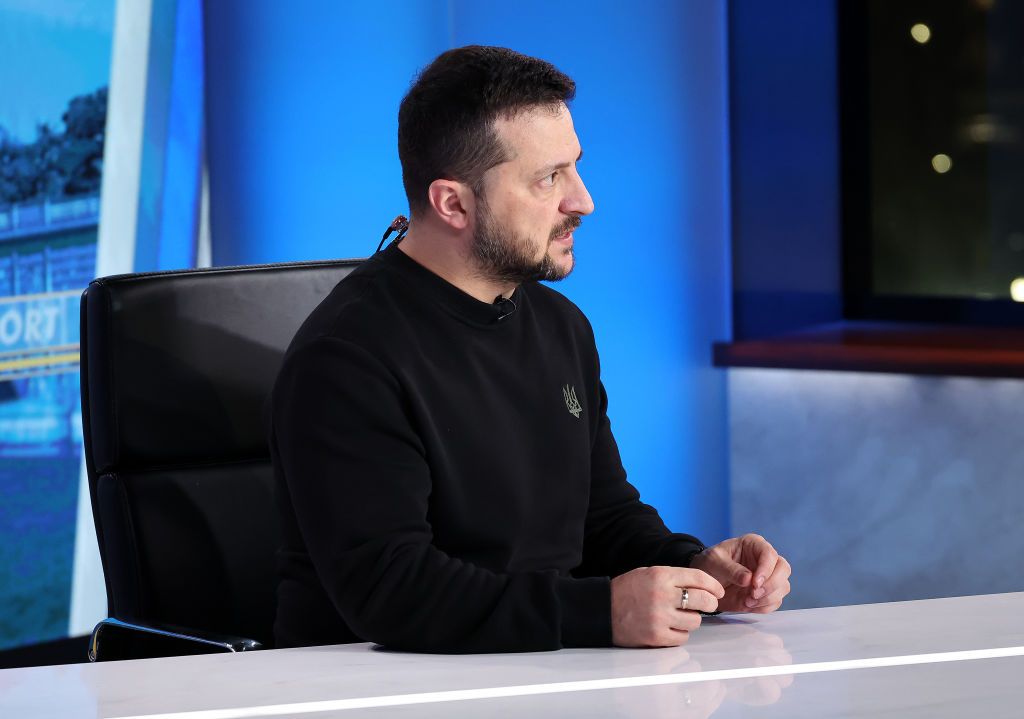
President Volodymyr Zelensky warned that Russian President Vladimir Putin's long-term objective is to restore a Russian empire that would include parts of NATO member states.

"Ukraine is a very large European country, but it is a European country that is at war," Germany’s incoming chancellor, Friedrich Merz, said in an interview with Handelsblatt.
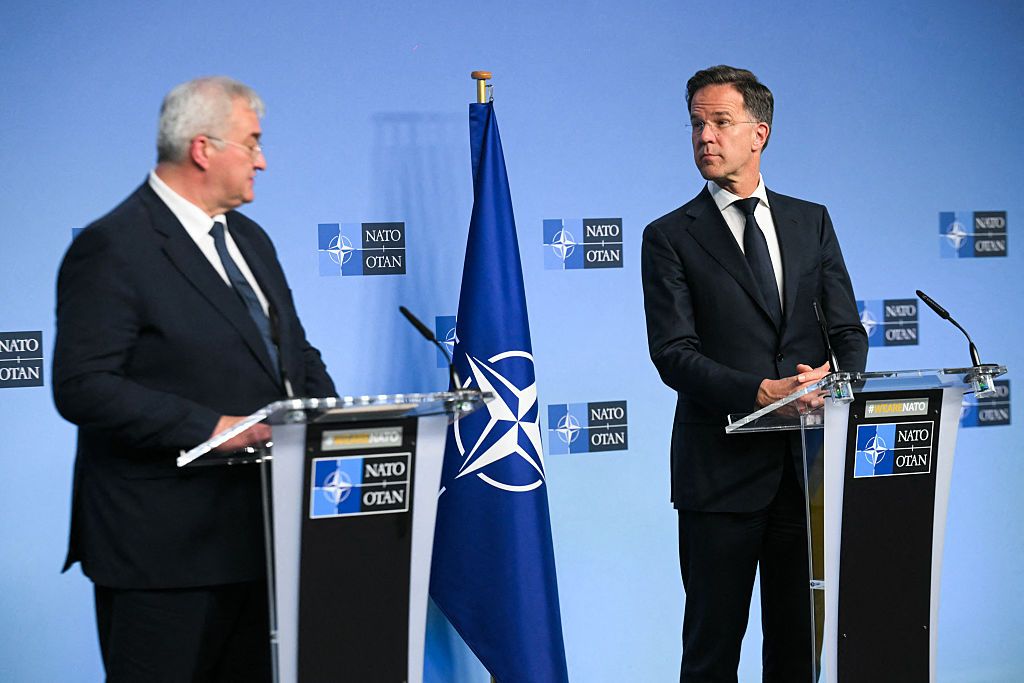
Foreign Minister Andrii Sybiha reaffirmed Ukraine’s desire for peace but warned against the misuse of the term. “We want to end this war this year. But it is important not to manipulate,” he said.
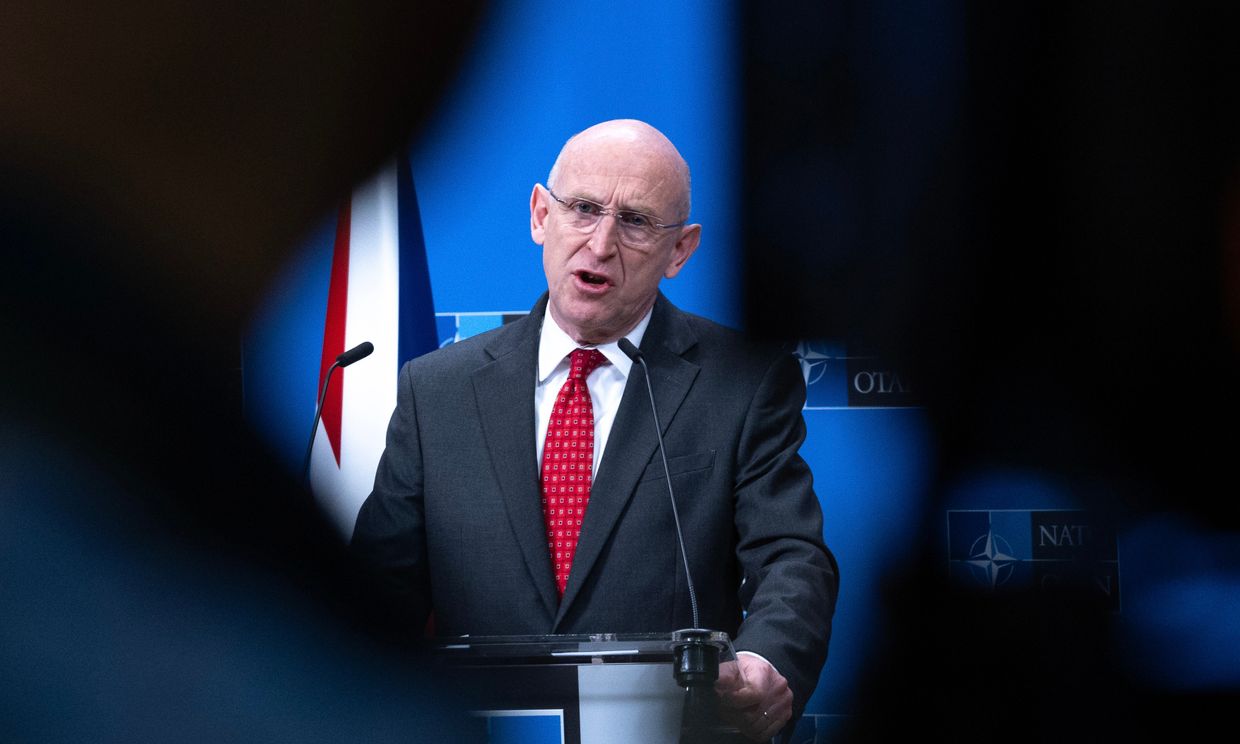
The meeting of the Ramstein-format coalition in Brussels comes amid growing uncertainty over U.S. support for Ukraine and efforts by European allies to close the gap as Kyiv resists Russia's ongoing invasion.
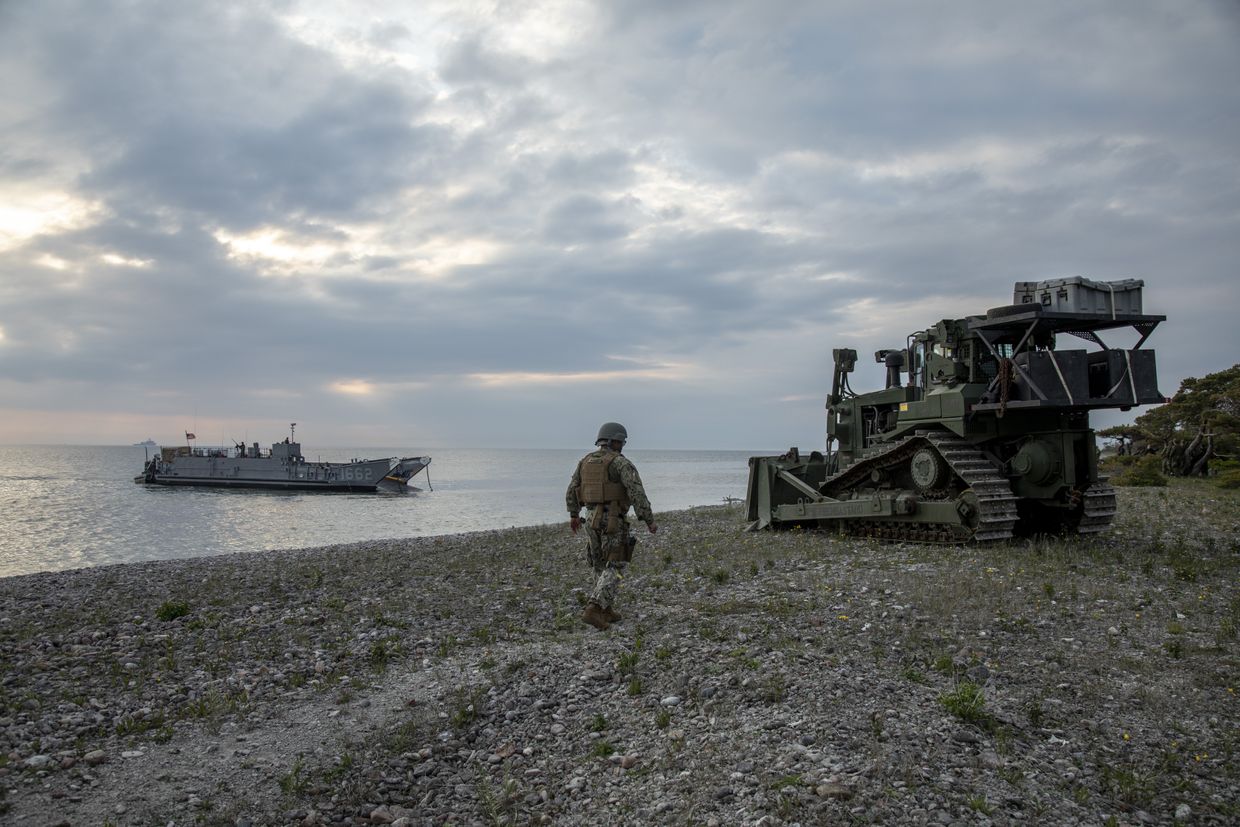
The appeal comes amid growing expectations that the Trump administration will proceed with plans to scale back American troop deployments in Eastern Europe.
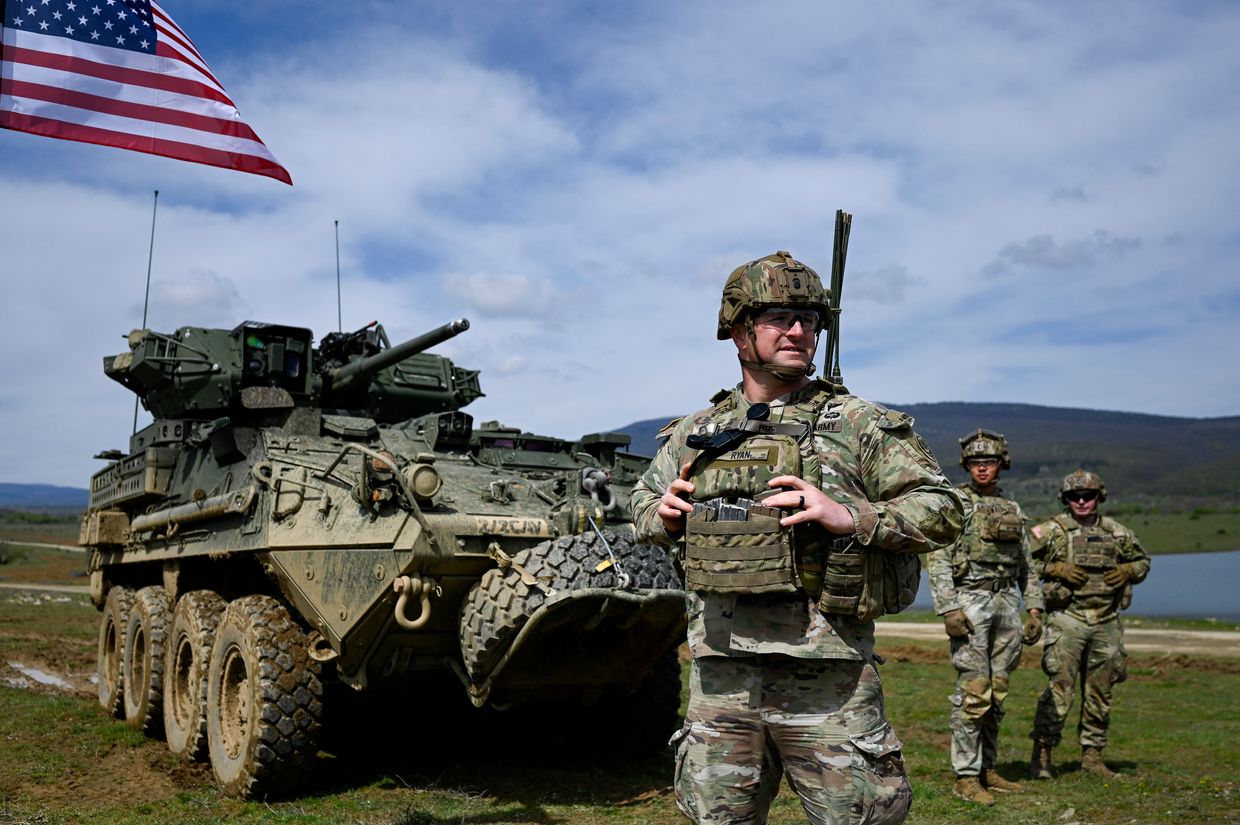
"No decision has been made yet," the Pentagon said. "The U.S. commitment to NATO is strong, but the U.S. expects European allies to lead Europe's conventional defense."

U.S. forces are currently stationed across Poland, Romania, and the Baltic states to deter further Russian aggression and reassure allies in the region.
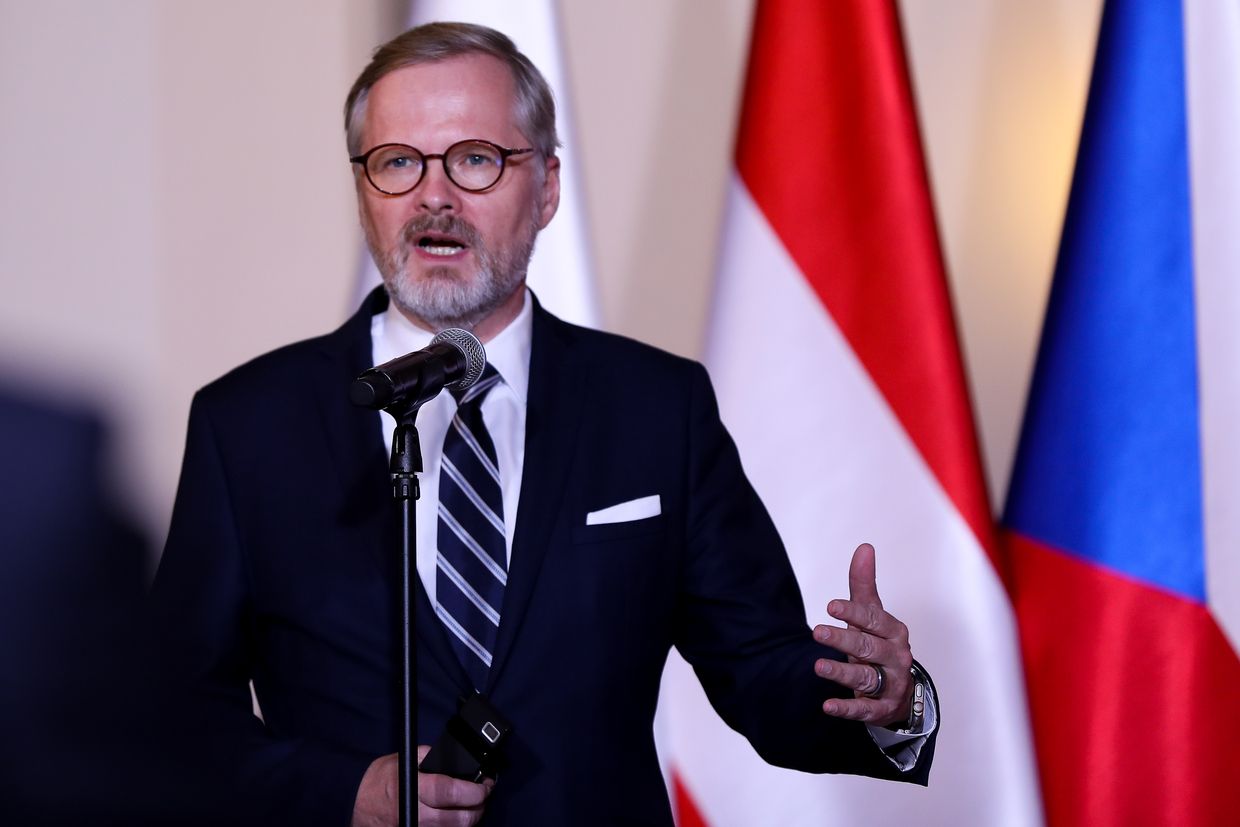
"The post about the attack on Czech soldiers is not true," Czech government spokesperson Lucie Michut Jesatkova told Reuters.
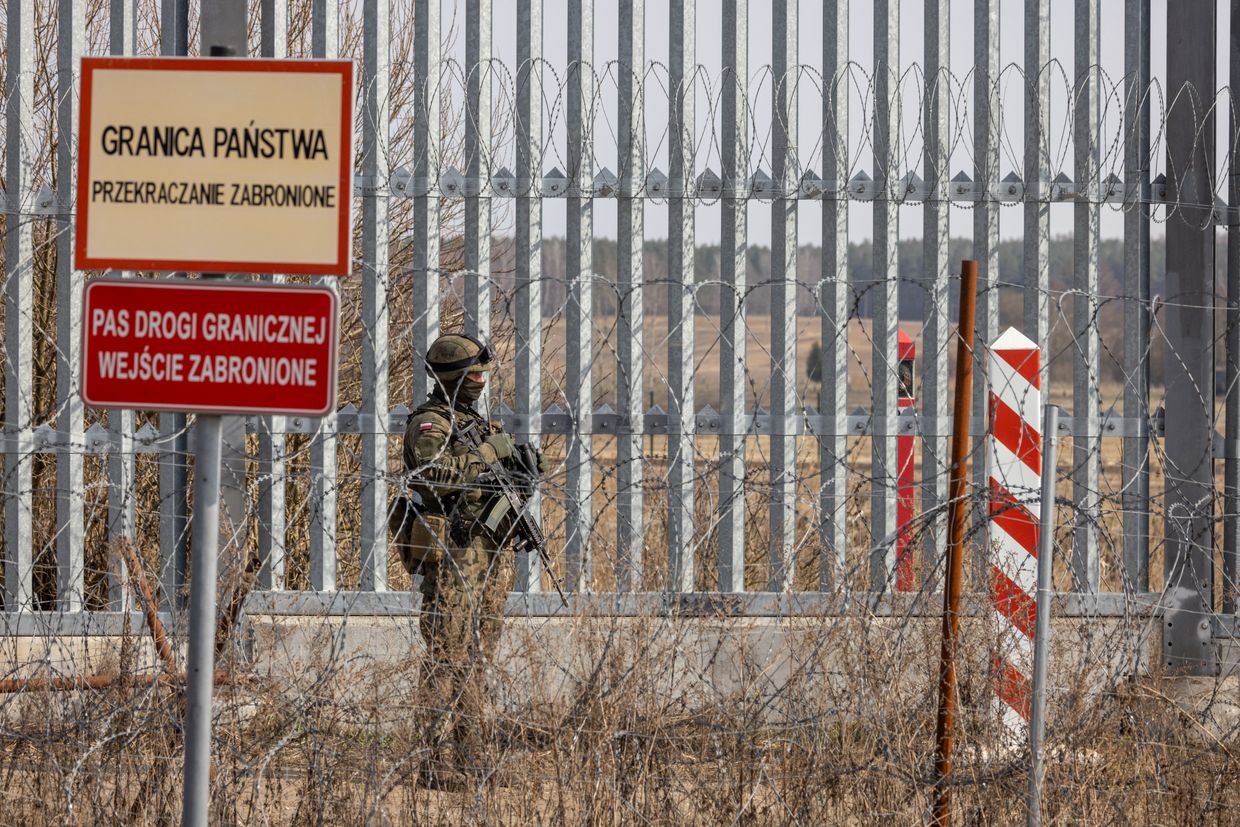
Warsaw has also for several years accused Belarus of deliberately pushing migrants into Poland in order to pressure the EU over sanctions.
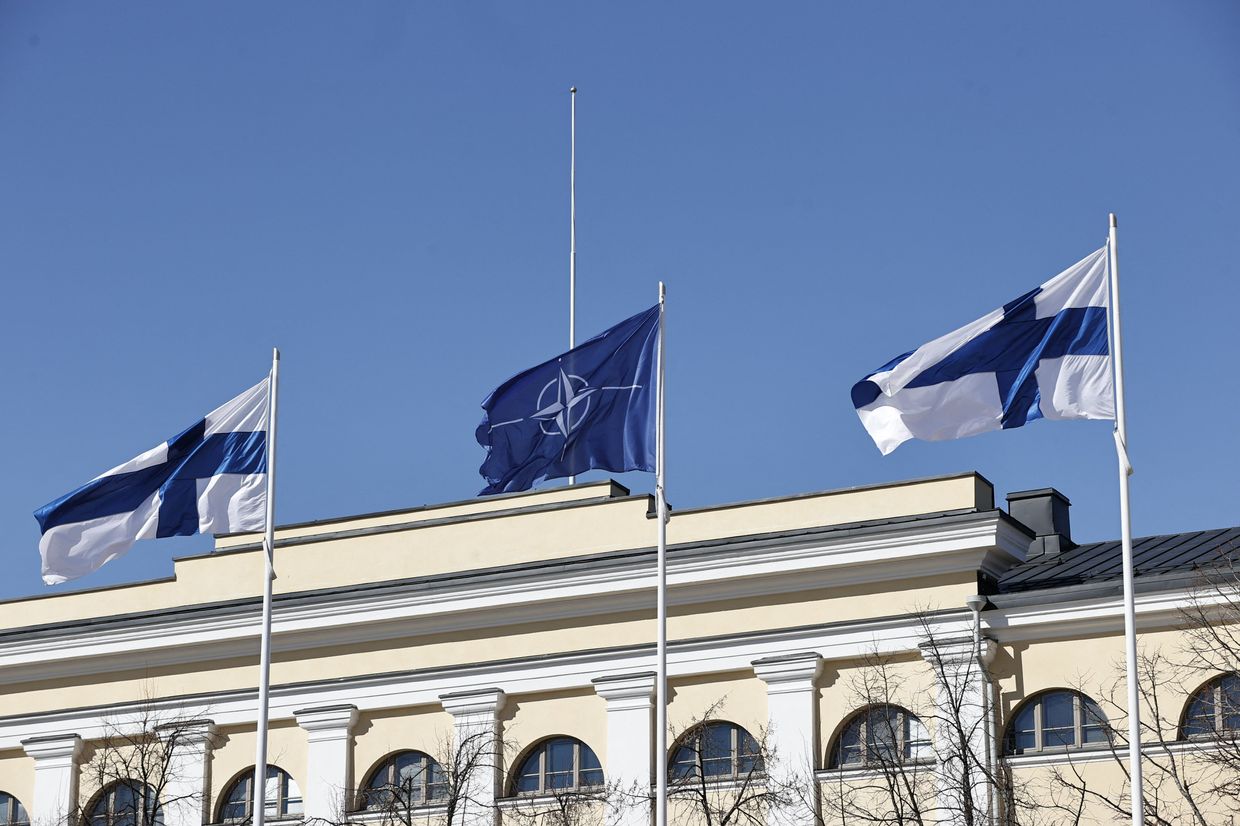
Finland’s Defense Minister Antti Hakkanen said that Europe cannot afford a disjointed transition in defense capabilities, which could provide Russia with an opportunity to exploit any gaps in the region's security.
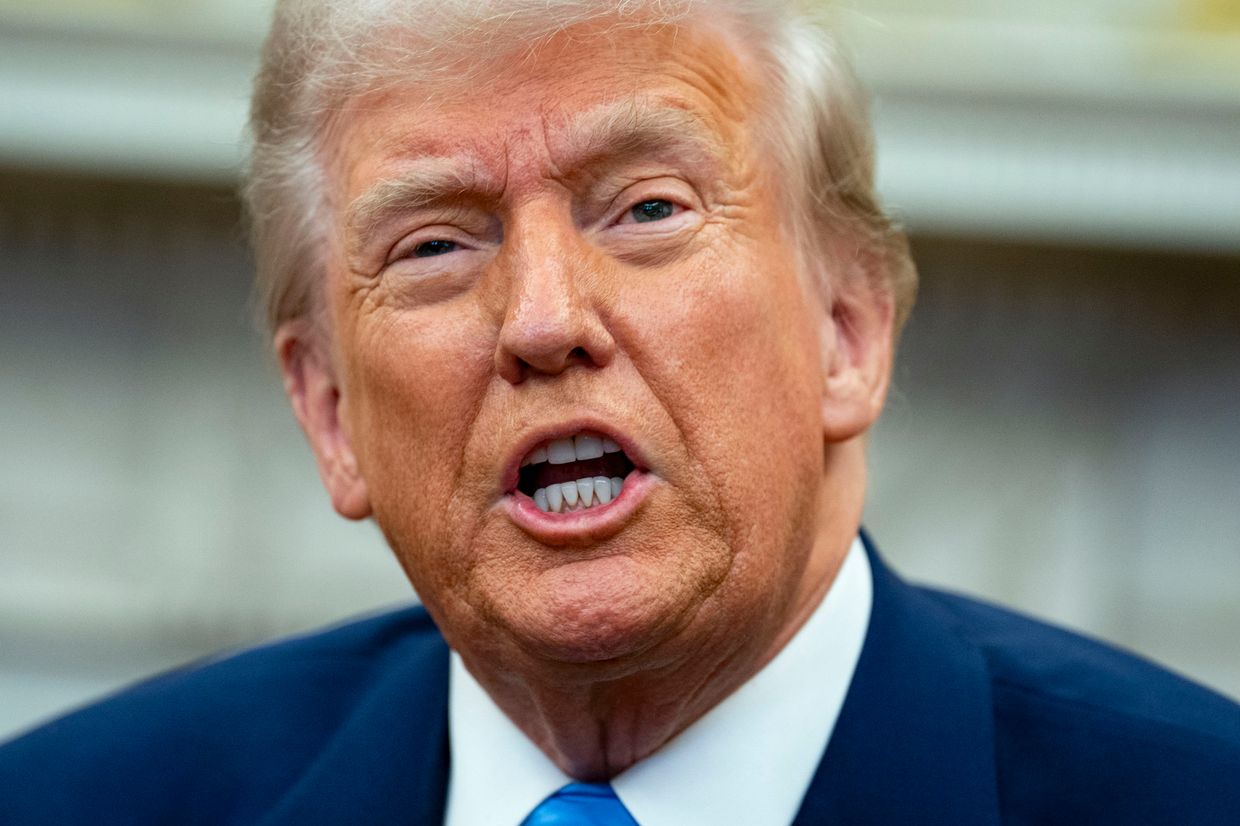
U.S. President Donald Trump will attend the NATO summit in The Hague in June, Polish Foreign Minister Radoslaw Sikorski said on April 4, Reuters reported.
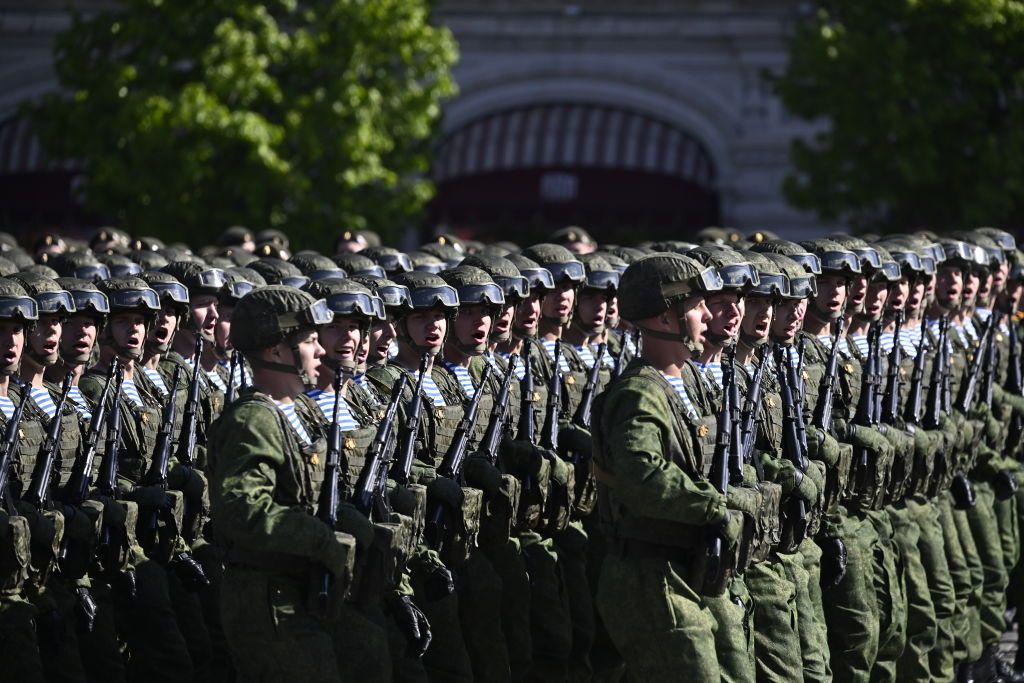
Key developments on April 3: * Russia plans to increase grouping in Ukraine by 150,000 troops in 2025, Ukrainian official says * US defense secretary to skip Ramstein summit for the first time, media reports * NATO assets may be used for peacekeeping mission in Ukraine, FT reports * 'Coalition of the Willing'

NATO's command and control structures could be used to deploy a so-called "reassurance force" to Ukraine, unnamed officials told the FT.
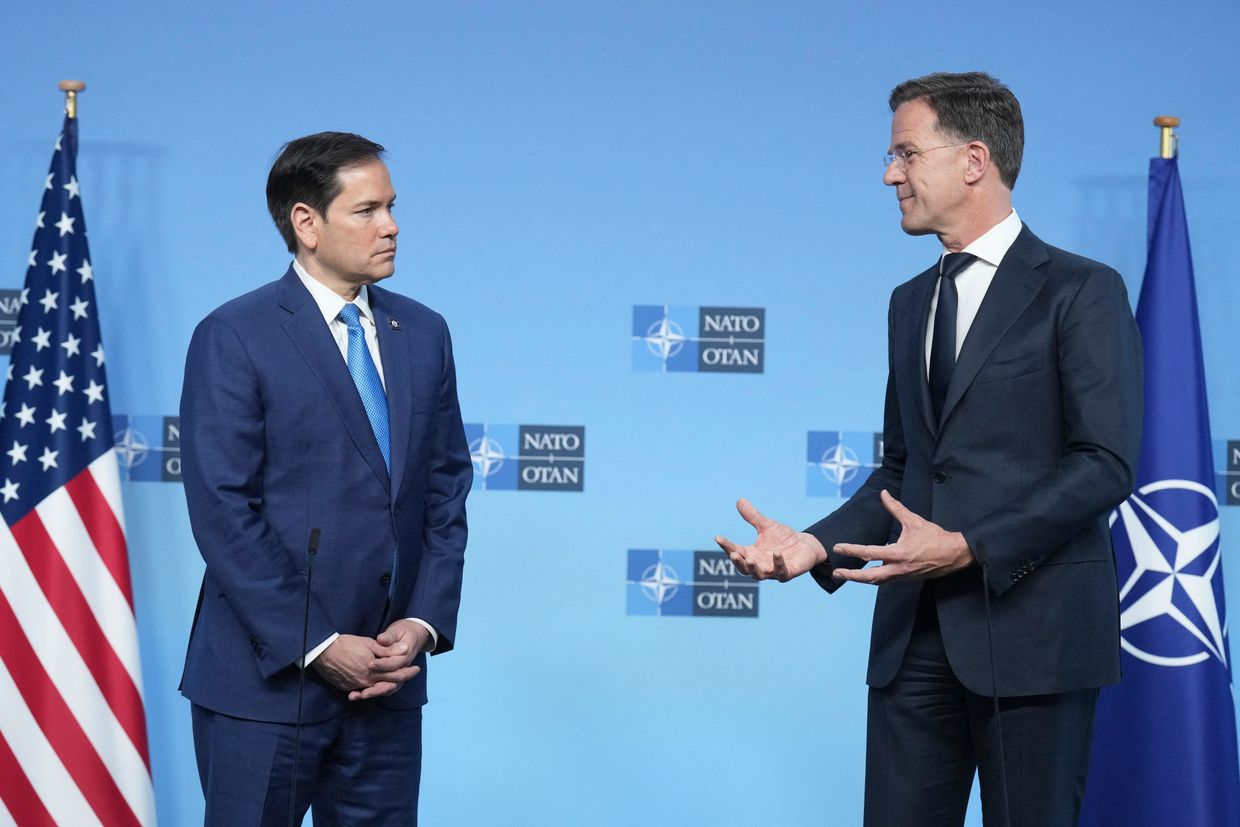
"As we speak right now, the United States is as active in NATO as it has ever been," U.S. Secretary of State Marco Rubio said at a press briefing alongside NATO Secretary General Mark Rutte.
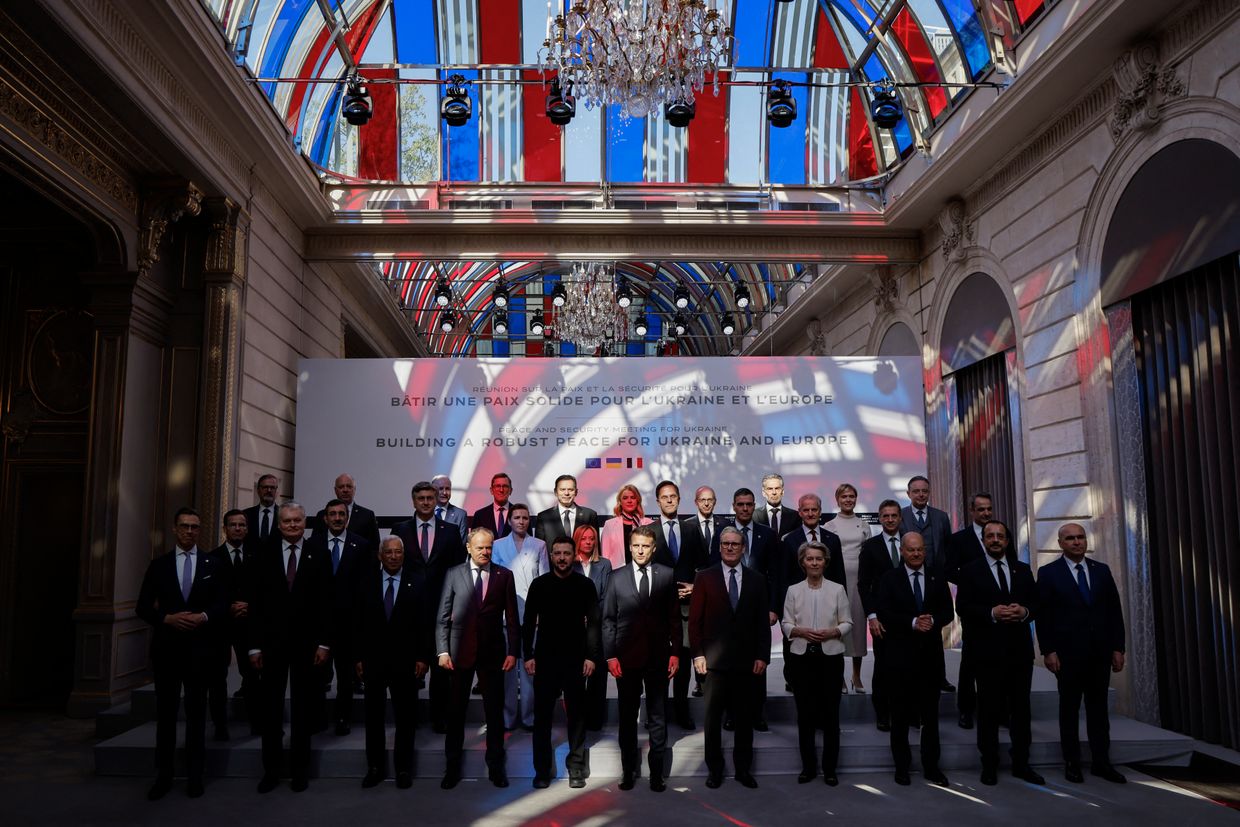
Since U.S. President Donald Trump returned to office in January and launched a new effort to reach peace between Russia and Ukraine, turning American foreign policy upside down, Europe has been hit with a clear message: the age of the U.S. as a guarantor of European security is
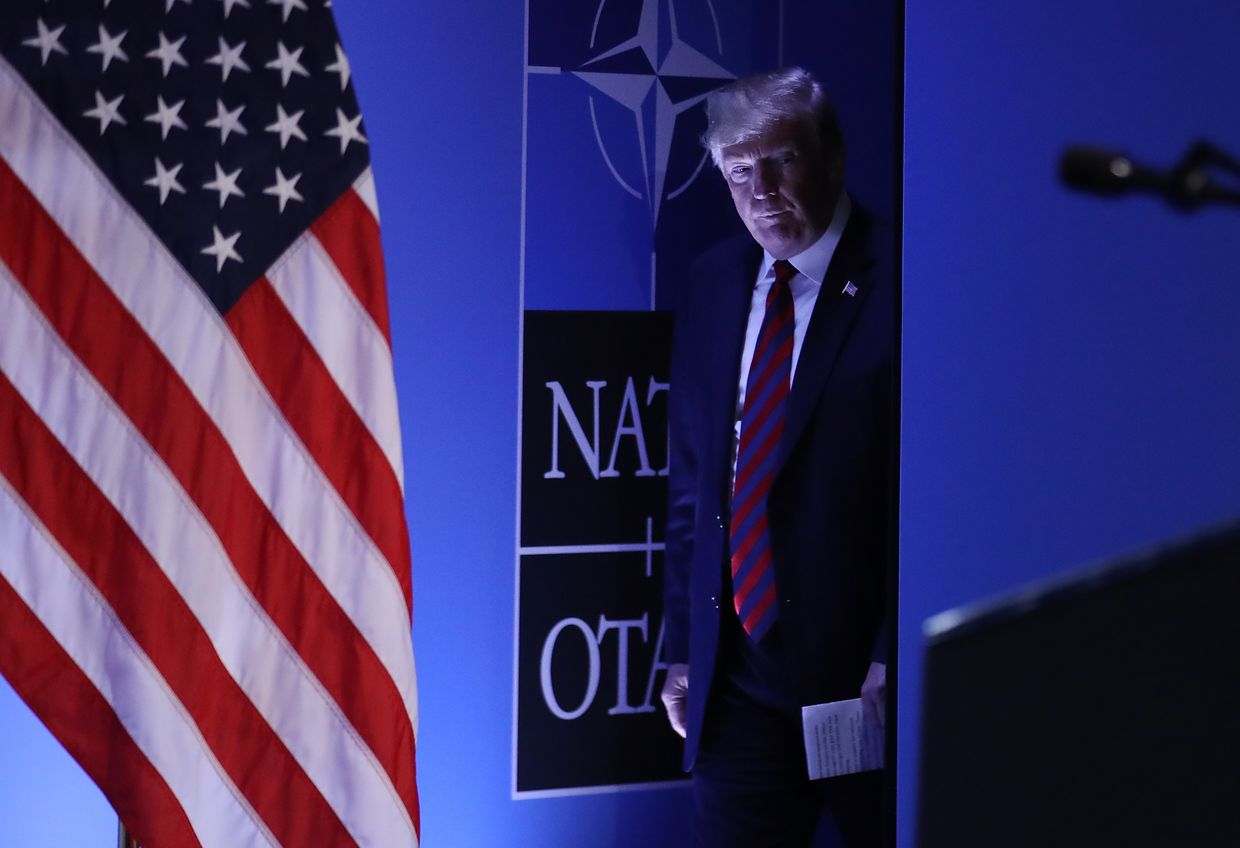
The joint declaration at the Washington summit last year included a commitment to "develop recommendations on NATO's strategic approach to Russia, taking into account the changing security environment."
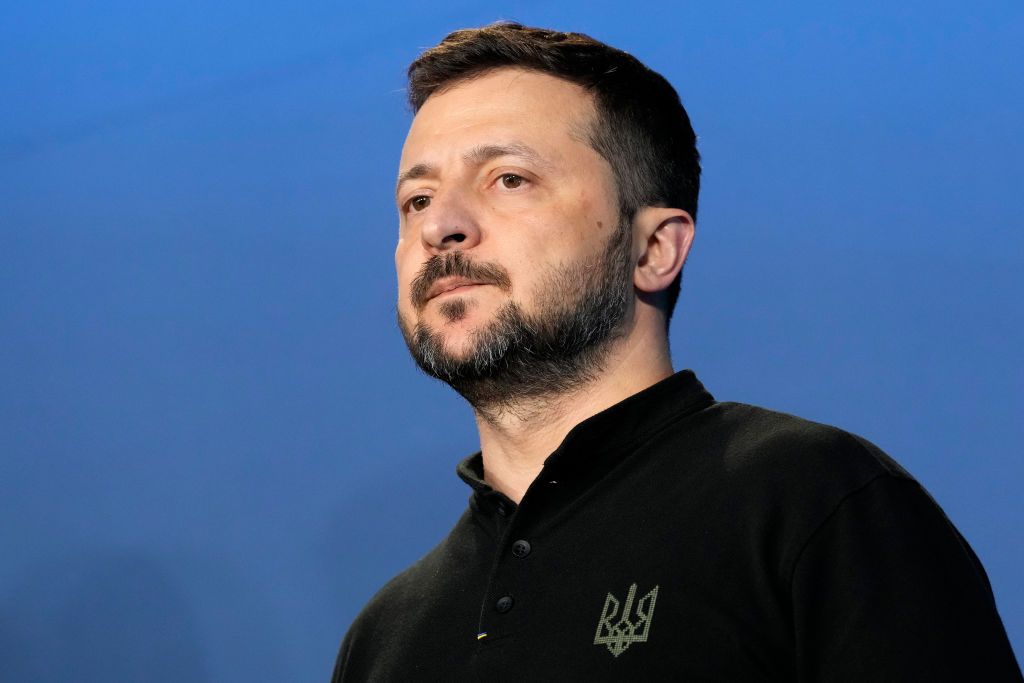
"As for this agreement and the NATO question, there is no mention of NATO in this agreement, and there never was," President Volodymyr Zelensky said on April 1.
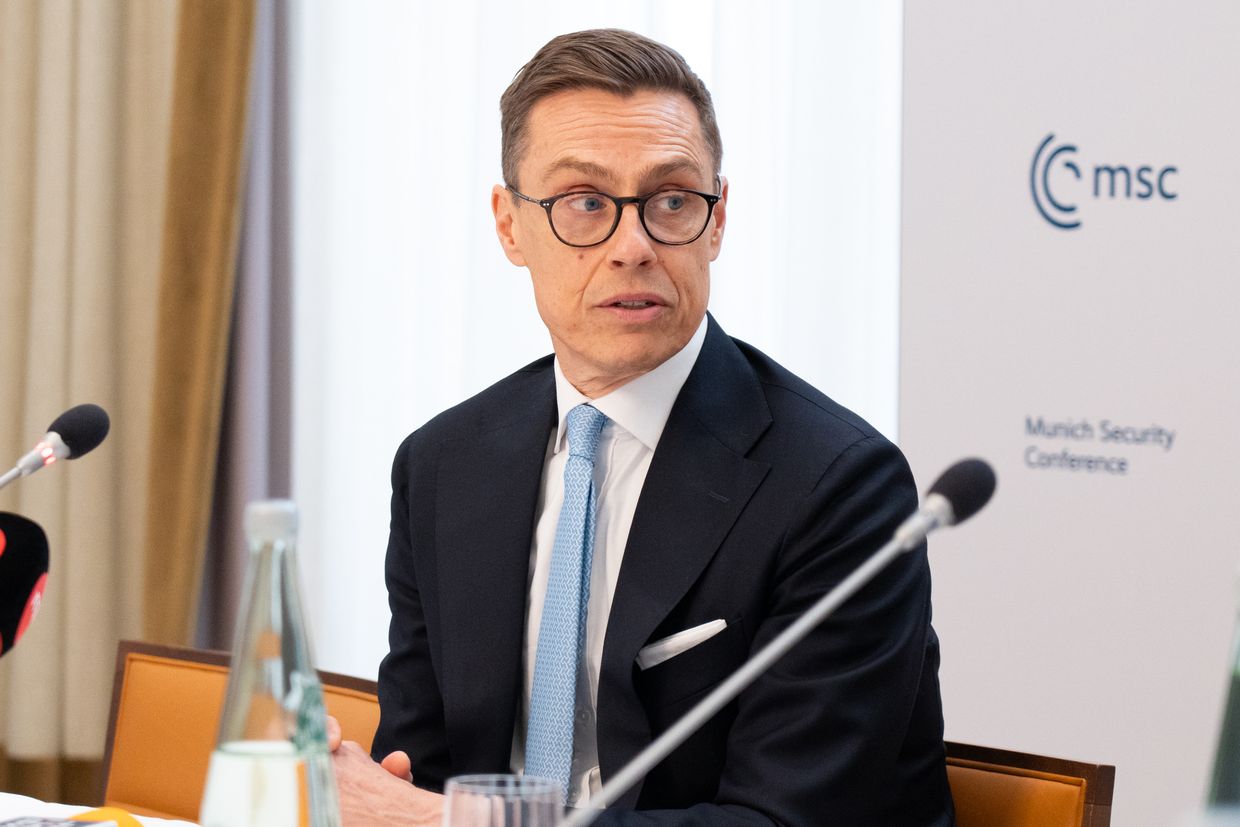
"This is a part of Finland's contribution to Europe taking greater responsibility for our own defense," Finnish President Alexander Stubb posted on X.
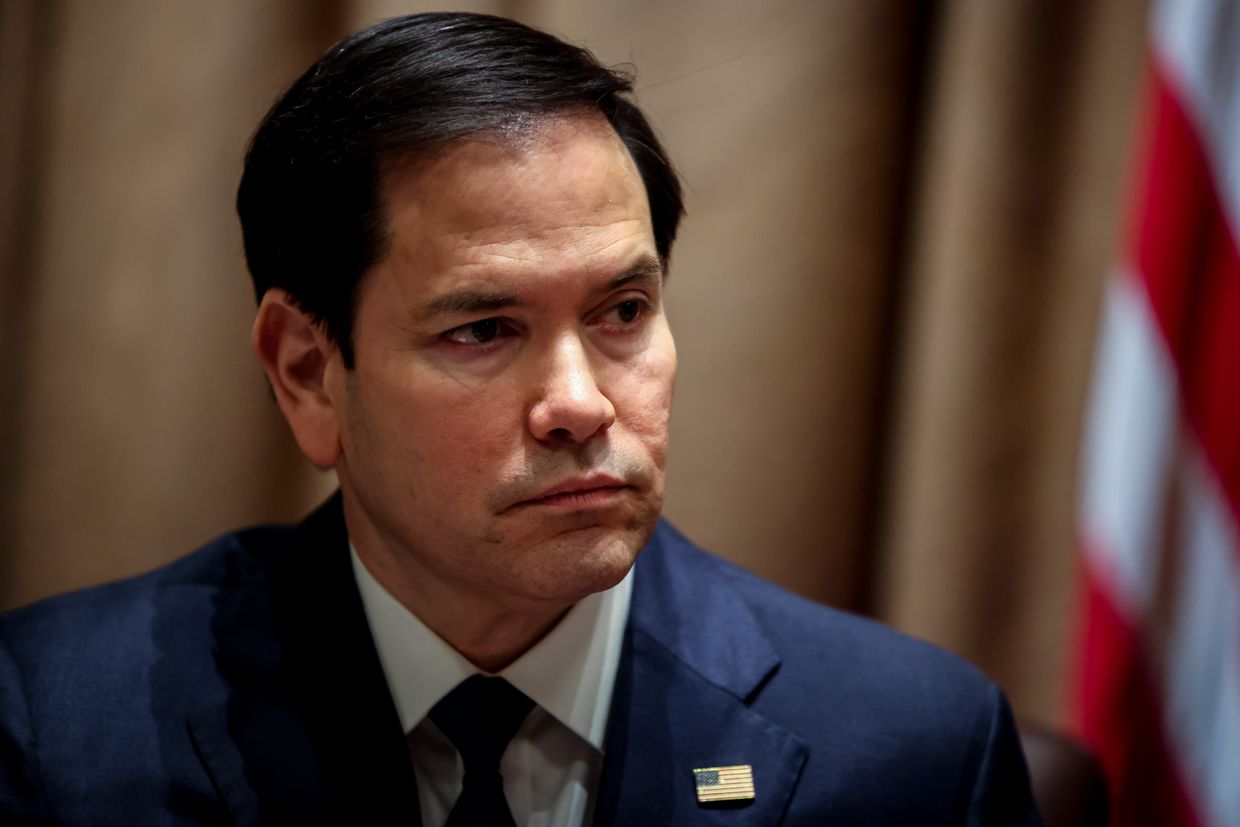
"In Brussels, Secretary Rubio will attend the NATO Foreign Ministers Meeting to discuss security priorities for the Alliance, including increased Allied defense investment and securing lasting peace in Ukraine," State Department spokesperson Tammy Bruce said in a statement.



